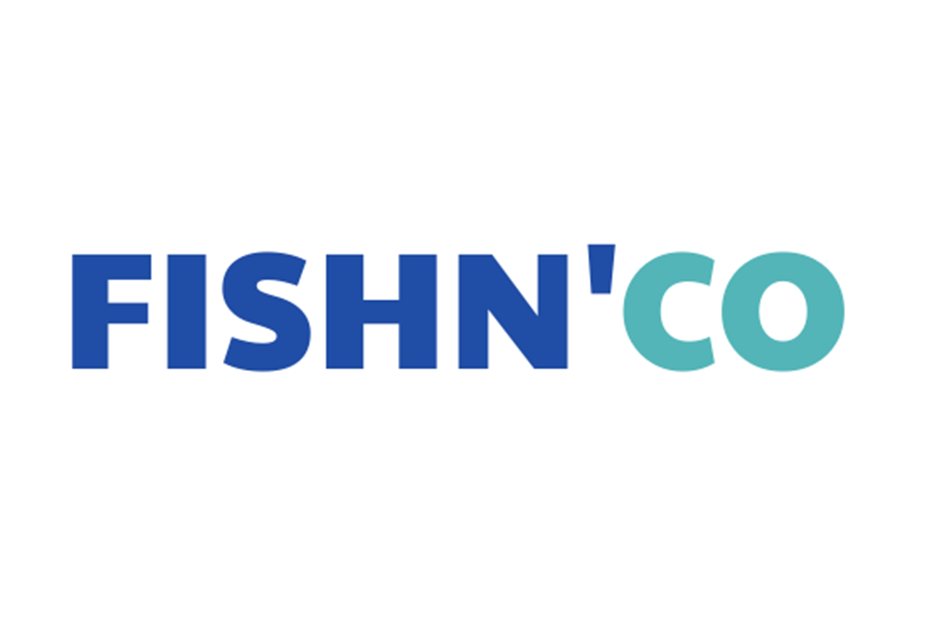FISHN’CO project has reached its conclusion after two years of work aimed at strengthening EU-wide cooperation on fisheries data collection through the development of Regional Work Plans (RWPs) for the Regional Coordination Groups (RCGs) North Atlantic, North Sea and Eastern Arctic; Baltic; Large Pelagics and Economics Issues for the period 2025-2027. These RWPs are aimed at gathering and give more visibility to all coordinated actions and agreements on the RCG scope, which will then be used as supporting information for the revision of data collection National Work Plans to be prepared next year for the same time period.
To meet these goals, the level of ambition regarding regional coordination for each of the topics on which the multiple RCG´s Inter Sessional Sub-Groups (ISSG) are working was finalised. Stakeholders involved in fisheries data collection, including National Correspondents, Regional Fisheries Management Organisations (RFMOs), RCGs and the EU Commission were extensively consulted on what the future RWPs would be.
Moreover, the project successfully explored and discussed the decision-making mechanism and the necessary steps to put the RWPs into action, which allowed shaping the content, structure and preliminary scope of the RWPs for the above mentioned RCGs.
Thanks to these efforts, the work carried out by FISHN’CO constitutes a legacy that a dedicated ISSG, with the participation of experts assigned by the Member States will use to propose draft RWPs 2025-2027 to all EU National correspondents in order to seek their feedback for discussion at the forthcoming RCGs technical meetings in 2023. The first official RWPs will then be proposed by RCGs and assessed in 2023 by the Scientific, Technical and Economic Committee for Fisheries (STECF) for implementation as soon as 2025.
The outputs obtained by FISHN’CO have significantly contributed to strengthening the coordination of fisheries data collection: enhancing data quality, ensuring sustainable fisheries management practices and demonstrating once again the importance of regional cooperation.
